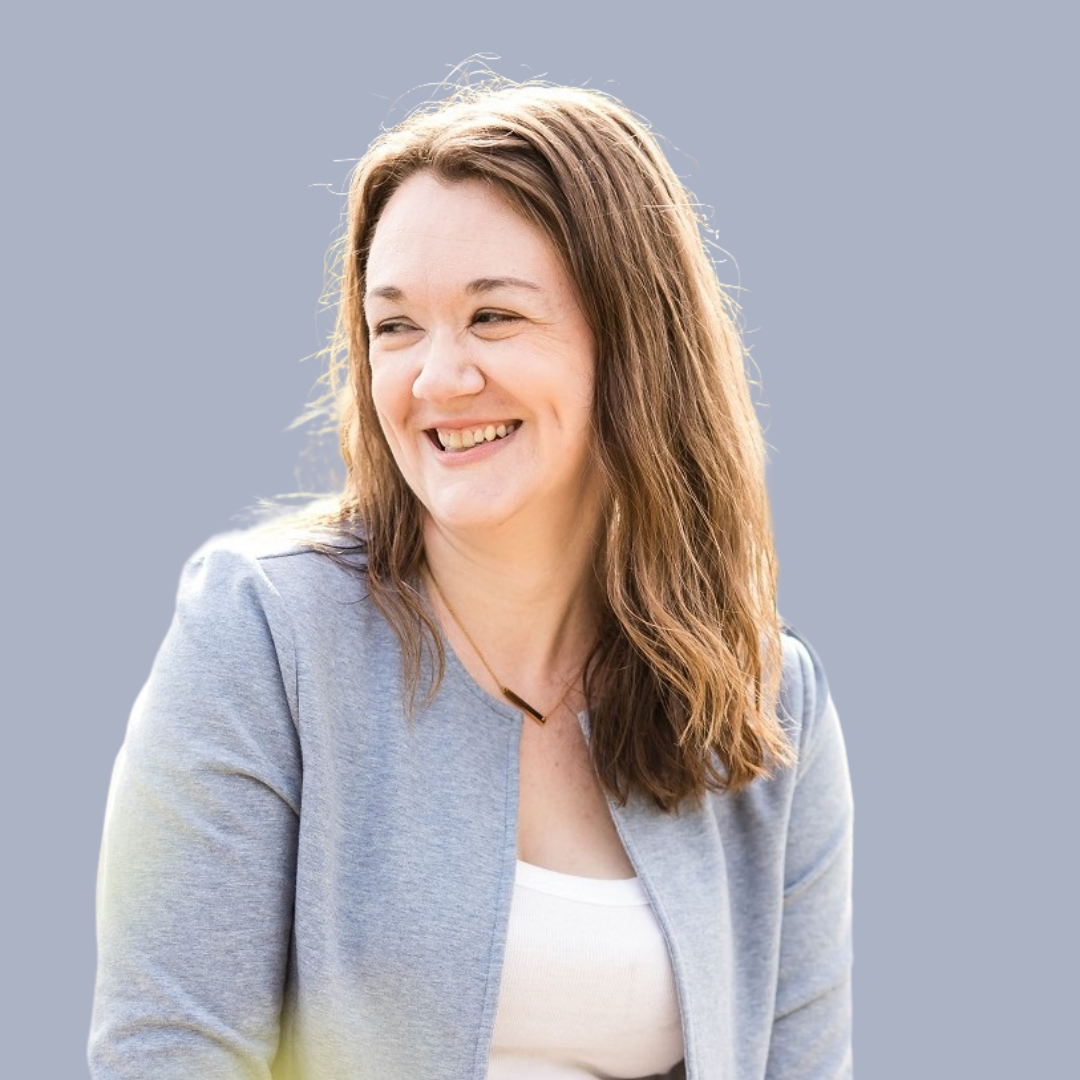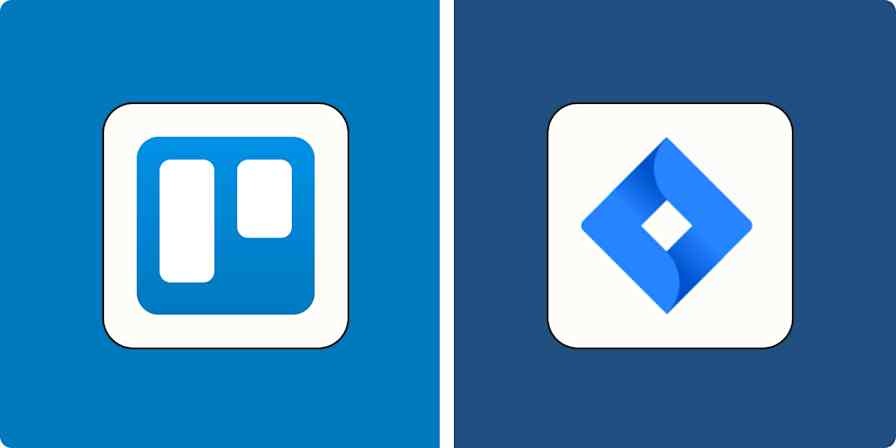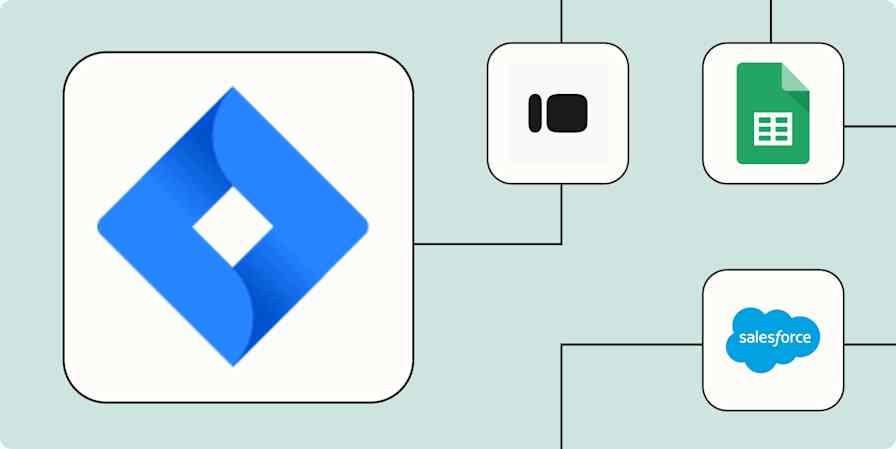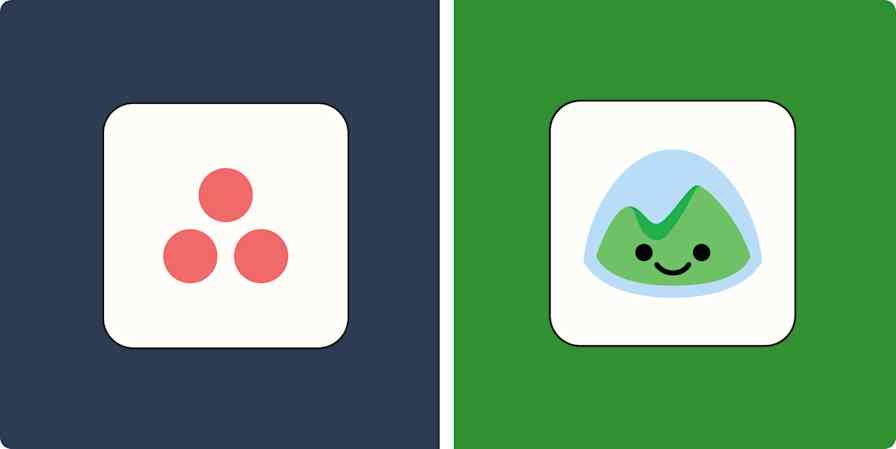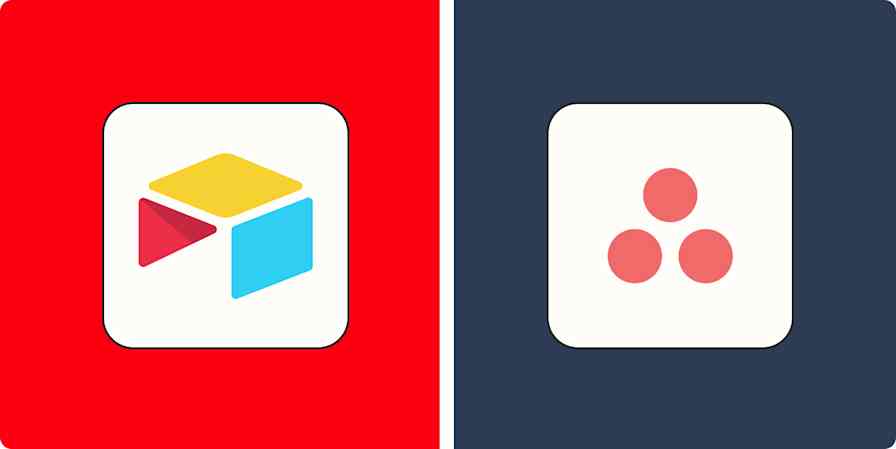App tips
5 min read4 Trello calendar views to help visualize your projects
By Anna Burgess Yang · May 24, 2023
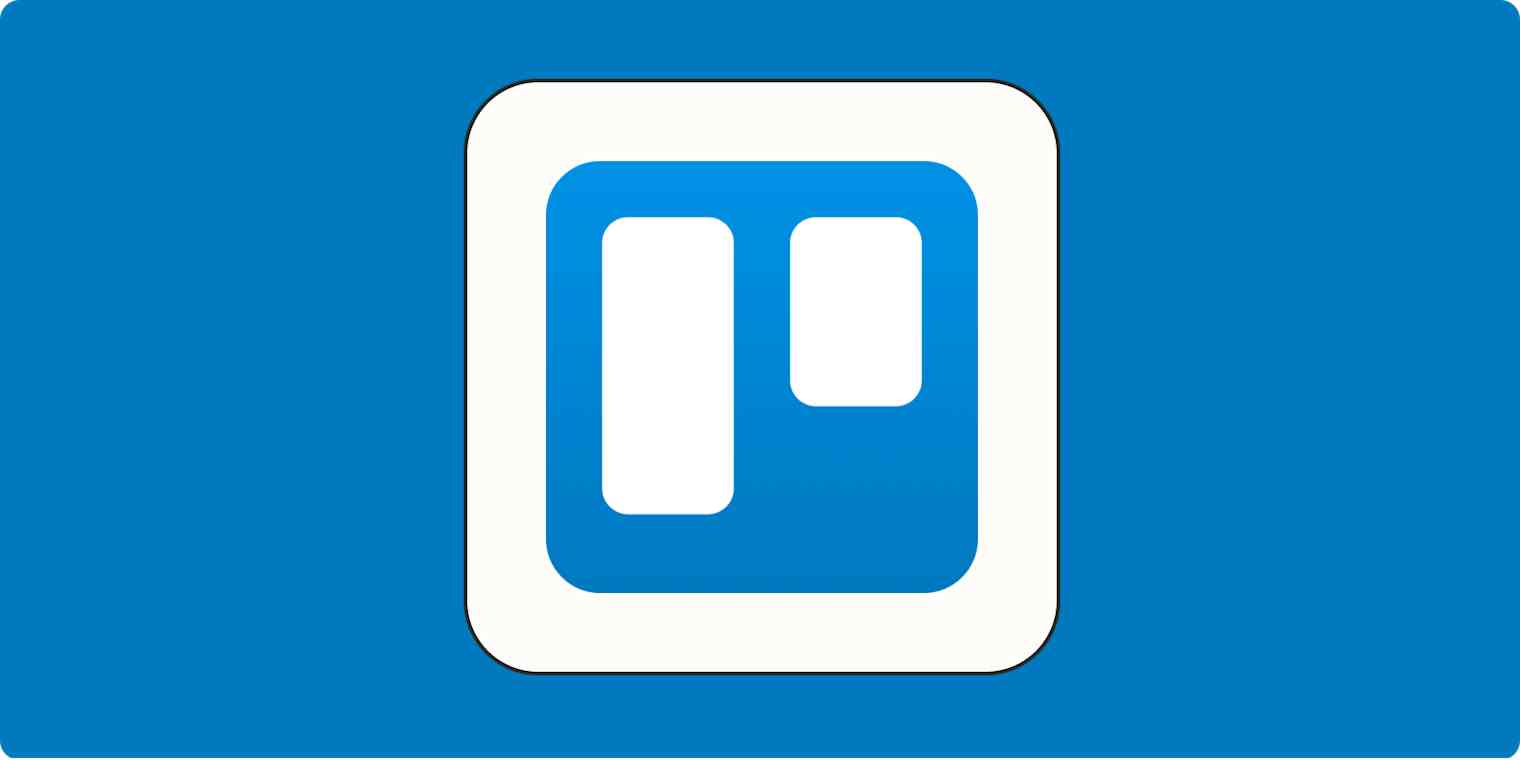
Get productivity tips delivered straight to your inbox
We’ll email you 1-3 times per week—and never share your information.
mentioned apps
Related articles
Improve your productivity automatically. Use Zapier to get your apps working together.

